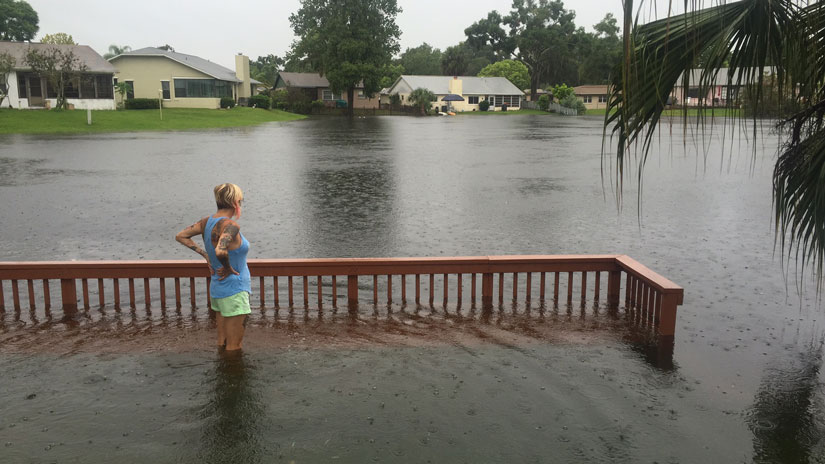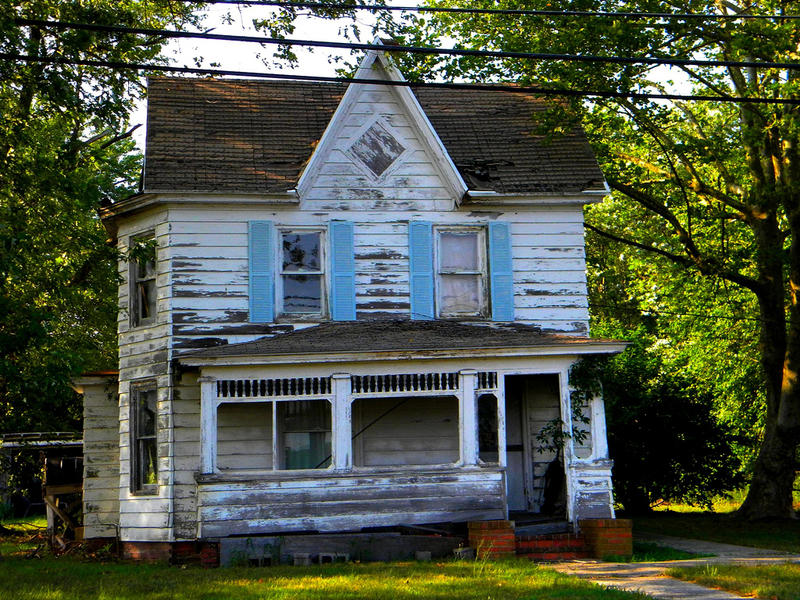 It’s only the beginning, Florida’s 2017 Pending Condominium Association Legislation
It’s only the beginning, Florida’s 2017 Pending Condominium Association Legislation
-By Joshua Gerstin, Esq.
Recently, Florida’s House and Senate passed a bill drastically changing the laws related to condominiums. Considering the public landscape of the various issues the bill addresses, it is unlikely Governor Rick Scott will veto the bill. Therefore, condominium associations should begin to familiarize themselves with these new laws as soon as possible.
Following are changes to Chapter 718 from the recently passed Senate Bill 1682, additional legislative changes affecting community associations are expected from the legislature in the near future (will be detailed upon passage in subsequent articles):
1. The term “kickback” was inserted, although undefined, in the list of prohibitions against a director when choosing a vendor for a condominium association. In certain circumstances, kickbacks or other prohibited conduct can now be classified as a crime.
2. Theft, embezzlement, forgery of ballot envelopes, election fraud, the destruction of official records in the furtherance of a crime and the acceptance of kickbacks are all classified as crimes.
3. A condominium association is forbidden from hiring an attorney that also represents the association’s management company.
4. Board members, the property manager and the property management company are prohibited from purchasing a property at a foreclosure sale resulting from the association’s foreclosure.
5. No later than July 1, 2018, condominium associations with 150 or more units must have a website dedicated to the association’s activities on which required notices, records and documents can be posted. The website must contain a members only, password protected page accessible only to unit owners and employees of the association. The legislation contains an extensive list of documents that must be posted to the Association’s website.
6. If permitted by the Association’s Bylaws, term limits of four consecutive two year terms can be imposed on a director and require a 2/3 majority to reelect.
7. The Board certification requirement for recalls is removed in its entirety. Directors are required to step down at a meeting five business days after a recall petition with the requisite votes is submitted.
8. An association or any officer, director, employee, or agent of an association may not use a debit card issued in the name of the association, or which is billed directly to the association, for the payment of any association expense. Use of a debit card issued in the name of the association or billed directly to the association for any expense that is not a lawful obligation of the association may be prosecuted as credit card fraud pursuant to s. 817.61.
9. A condominium association cannot employ or contract with any service provider owned or any person who has a financial relationship with a board member or officer, or a degree of consanguinity by blood or service provider in which a board member or officer, third degree of consanguinity by blood or marriage of a board member or officer, owns less than 1 percent of the equity shares of the service provider.
10. Arbitrators hired by the Division are mandated to hold a hearing within thirty days of confirmation of a dispute and issue a written opinion thirty days after the hearing.
11. Management companies are required to disclose financial interests in any vendor they recommend to an association
12. Management companies are required to turn over all association records when their contracts expire.
A determination of whether the Division has adequate funding to handle its increased responsibilities remains an open question. Nonetheless, Governor Rick Scott is expected to sign Senate Bill 1682. Other bills affect community associations are winding their way through the legislature. We will keep you updated as further legislation develops.

Subscribe to the Gerstin & Associates Newsletter
Name: _________________________________________________
Mailing address: ________________________________________
E-mail address: _________________________________________
Community name: ________________________________________
Position on board, if any: __________________________________
Fax this completed page to (561) 750-8185 or email the above information to: joshua@gerstin.com




